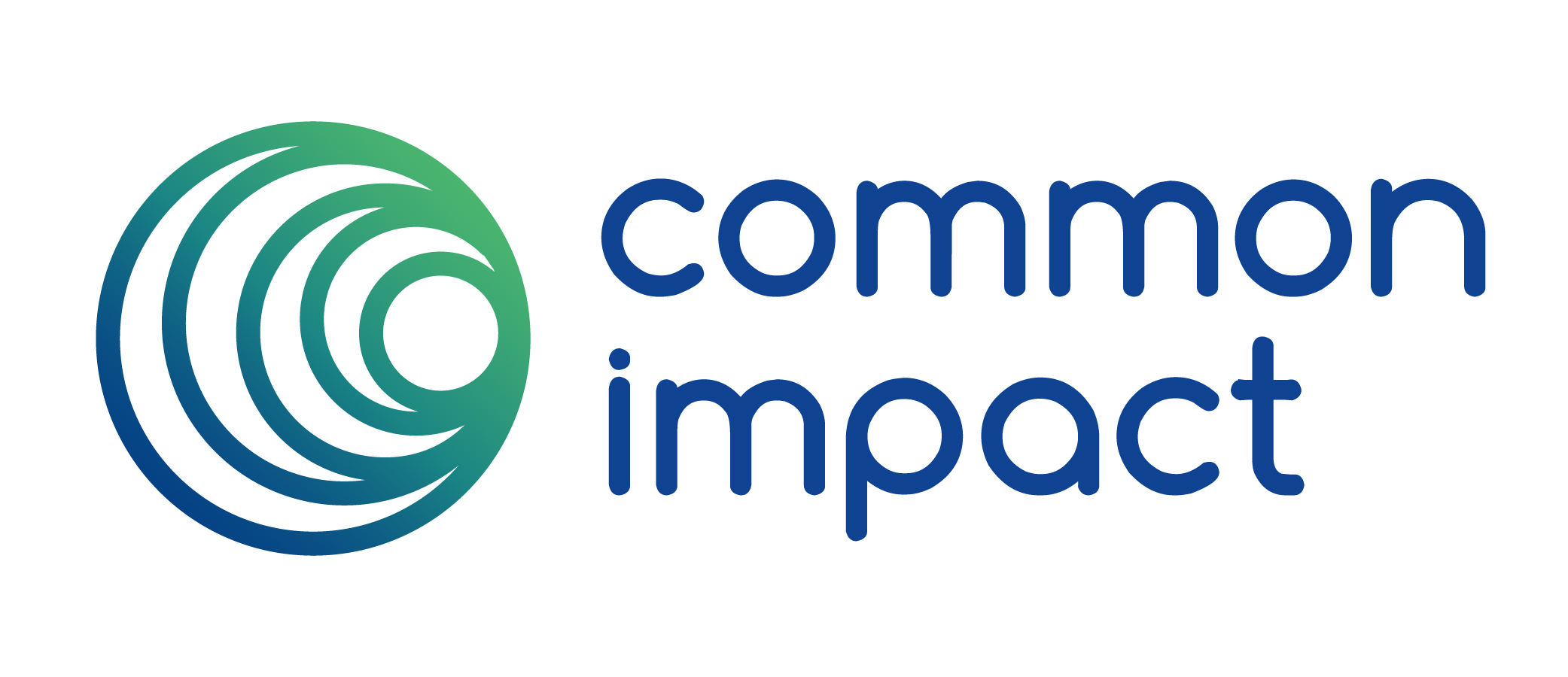Using Skills-Based Volunteerism to Diversify STEM Leadership
by Krista Van Tassel

Through our work developing strategic partnerships that engage business professionals to create positive community change, we see two major STEM education challenges that skilled volunteerism can help address. Last week, we wrote about how skills-based volunteerism can help build capacity within the social sector to effectively deliver STEM education. Today we are sharing our perspective on how STEM education and volunteering can increase representation for women and diverse communities in both the social and corporate sector.
STEM education holds great promise in helping to achieve gender equality and workforce diversification for both the corporate and social sector. One great example of this work in action is through a Common Impact brokered partnership between Fidelity Investments and FIRST North Carolina.
A Greensboro-based nonprofit, FIRST North Carolina was planning to rapidly scale its STEM education programs across the state, but recognized that in order to do so, they needed a centralized and sophisticated database that could effectively grow with the organization. At the same time, Fidelity was seeking an opportunity to cultivate and retain its talented female technology team. Fidelity’s female employees were struggling to achieve the highest levels of leadership within the organization and, as a result, were becoming harder to retain. Fidelity recognized this challenge and actively sought an opportunity to build confidence, presence and leadership skills for these talented female technologists.
From these two needs, a partnership was forged. The all-female Fidelity team engaged on a four-month volunteer project designed to empower them as community leaders and provide opportunities to form new relationships with colleagues, ultimately supporting their upward mobility at the company. In return, FIRST North Carolina received a new database that effectively tracks and reports on critical program data, saving countless hours of staff time, enabling leadership to have a clear dashboard on program outcomes and creating the necessary foundation for growth. The Fidelity team reported that their involvement on the project was a useful professional development opportunity and made them more inclined to recommend the company as a great place to work. FIRST North Carolina reported a marked difference in data and program growth thanks to the project and their estimated social return on investment was $58,950.
“Our team was very passionate about empowering females to become leaders within their fields.” -- Fidelity Associate
Recent volunteer trends point to a rise in interest for skills-based engagements with more than 50% of companies with skilled volunteer programs in place and more than 4 million professionals expressing interest in pro bono service via LinkedIn. Given the success we’ve seen in technology-focused partnerships, this innovative and cross-sector approach to nonprofit capacity building can help to address the STEM education gap and build a new generation of diverse and qualified STEM leaders.

